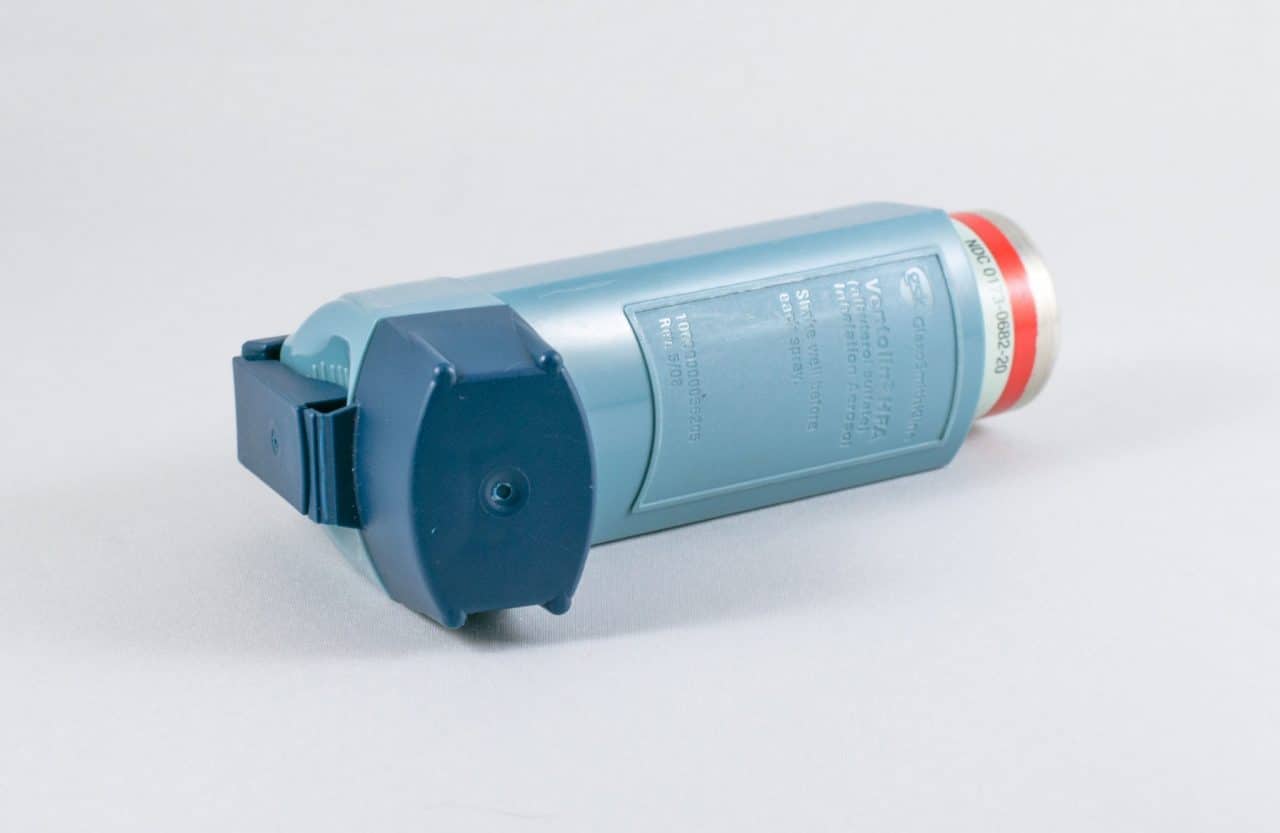Asthma is a condition characterized by the airways narrowing, swelling and producing extra mucus, leading to breathing difficulties, coughing and wheezing. While asthma is a minor nuisance for some, for others, it can be life-threatening.
Asthma Symptoms

People with asthma may suffer from just one or a combination of the following symptoms:
- Shortness of breath
- Tightness or pain in chest
- Whistling/wheezing sound when exhaling (especially common in children)
- Coughing/wheezing attacks worsened during a respiratory virus
- Trouble sleeping due to shortness of breath, coughing or wheezing
Asthma Triggers
Asthma can flare up in response to certain triggers.
- Exercise-induced asthma is, of course, triggered by exercise. Some people experience worse symptoms when the air is cold and dry.
- Occupational asthma is triggered by workplace irritants like chemical fumes, gas or dust.
- Allergy-induced asthma occurs in response to an allergen, typically pollen, mold, dust or pet dander.
Asthma Risk Factors
Anyone can be diagnosed with asthma, but it is especially common for people who…
- Have a close blood relative with asthma
- Have another allergic condition such as atopic dermatitis or hay fever
- Are overweight
- Are a smoker or are regularly exposed to secondhand smoke
- Are regularly exposed to pollution or exhaust fumes
- Are regularly exposed to occupational triggers (chemicals used in farming, hairdressing, manufacturing, etc.)
When to Contact Your Doctor
If you experience the above symptoms for more than a few days, talk to your doctor. The first step in being treated for asthma is getting diagnosed; delaying could result in worsening symptoms over time and long-term lung damage.
Once diagnosed, keep in contact with your doctor to make sure your asthma is under control. Long-term control helps you feel better day-to-day and prevents life-threating asthma attacks.
It’s important to know that symptoms of asthma can worsen over time. If you find yourself relying on your quick-relief inhaler more often than you used to, schedule an appointment. Overusing your medication can worsen your asthma over time and cause other side effects.
When to Seek Emergency Treatment
For some people, asthma can be life-threatening. Seek immediate medical care if you experience…
- Rapid worsening of asthma symptoms (shortness of breath/wheezing)
- No improvement from using quick-relief albuterol inhaler
- Shortness of breath during minimal physical activity
For more information about asthma or to schedule an appointment, contact the experts at Hampton Roads ENT today.
